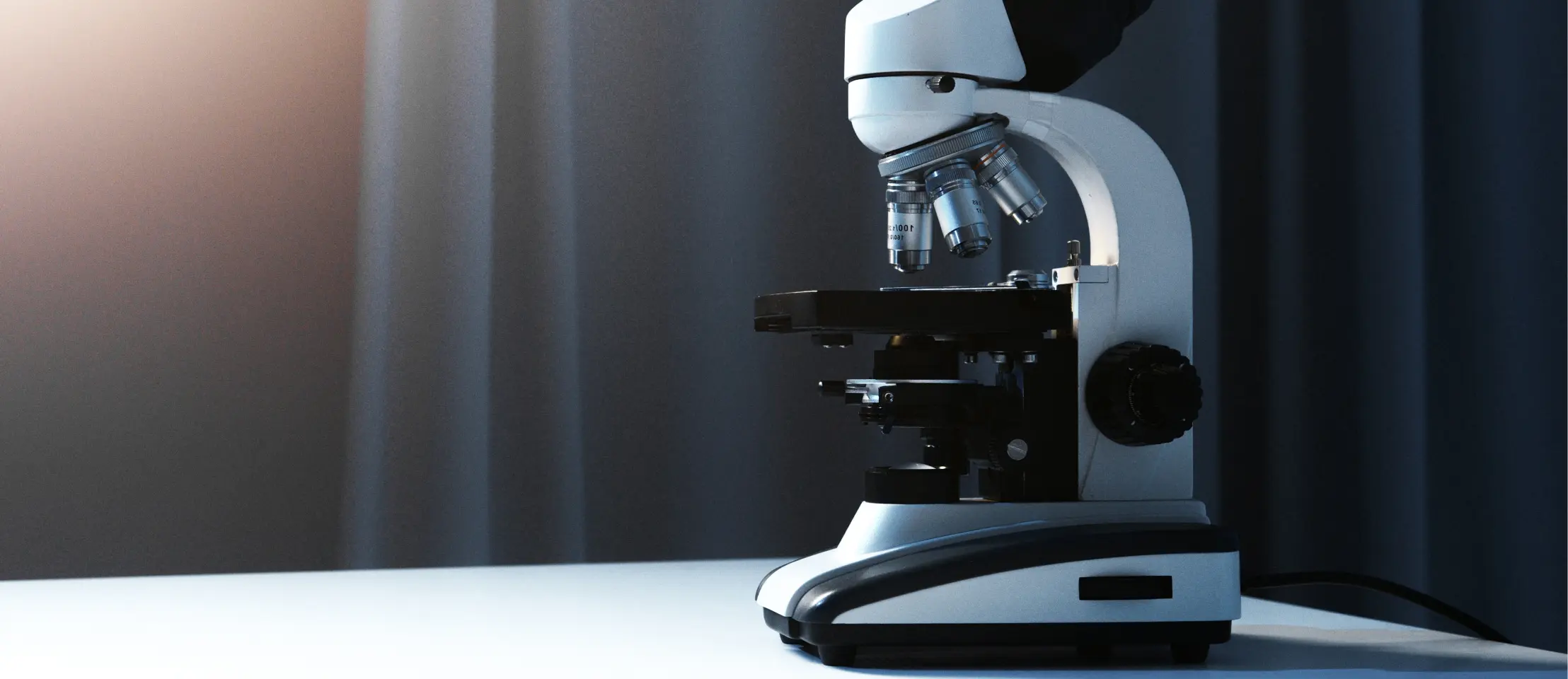
Using AI to speed up navigation in robotic surgeries
Project overview
As there is a lot of complex motion and granular detail, surgery image data is very complex to analyse. Our consortium, which is comprised of Smith&Nephew Ltd, Deeper Insights and Imperial College London, won Innovate-UK funding to tackle this problem.
We developed custom Computer Vision algorithms using NN's - Deep Learning to identify body parts in medical images. This leads to Markerless Navigation - the ability to detect where to cut bone on a knee for a knee replacement in Robotic surgery.
This results in faster than real-time image segmentation, with above 90% accuracy, of the human anatomy.












The challenge
In the UK, the total number of Total Knee Replacements (TKA's) per year has increased from 13,546 in 2003 to 98,147 in 2019 costing the NHS an estimated £585m per year. The average cost of a TKA in the UK is £12,000, however, post-surgical complications, e.g surgical site infection, increases this cost by between £1618 and £2398 per patient.
The solution
Our ambitious and innovative project focussed on developing markerless and automated registration to track the patient's limbs. This was tailored for robotic-assisted orthopedic procedures using structured light technology assisted by deep learning to continuously capture the patient's anatomy during surgery.


The end result
This new platform will be integrated within S&N's commercially available robotic platform 'NAVIO', which was previously supported by I-UK funding, and will obviate the need for percutaneous markers reducing set-up time, cost and complexity during surgery.
Next steps
A variety of technologies and techniques were utilised in the development of this application. To gain a further understanding of the technology and services offered by Deeper Insights, please inquire for more information or visit our services page.
















